【FOCUS】Build a Smart City
Since the beginning of the 21st century, new concepts and technologies such as Big Data, IoT and AI have caught public eyes and were integrated into a wide range of sectors, bringing tremendous changes to people’s life. In terms of urban governance, many traditional approaches no longer fit modern cities as the pace of urbanization continues to expand, and cities are facing more complicated challenges. These require city managers to release the potential of technology for urban development. To this end, the smart cities connect communities, activities, services, systems and people together by technology to improve quality of life and preserve the planet’s resources. Today’s In Focus will focus on smart city governance and introduce five outstanding initiatives in this filed to you.
Netanya, Israel
A Breakthrough City that Serves as an Example to Many Local Authorities When It Comes to Urban Innovation
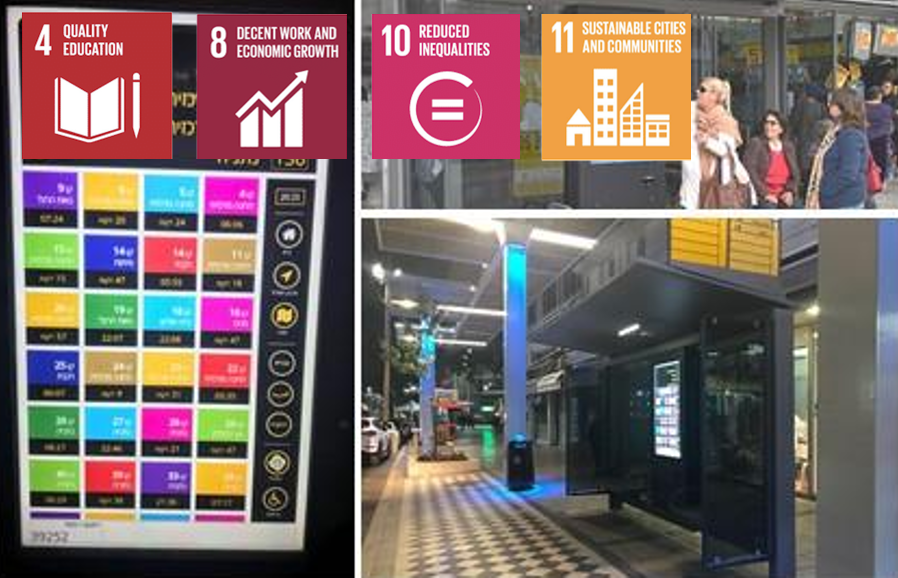
The Israeli city of Netanya has long been committed to improving its citizens’ life by growing into a smart city. To this end, it is constantly developing advanced technologies and promoting new ideas and projects on sustainability, fastening the transition of government services to an “Internet +” model.
One of those is a digital literacy project backed by the Israeli Ministry of Science and Technology. In today’s digital world, more and more government services can be reached online. However, for those who know little about new technologies, such a move would just do the opposite, slowing down all processes. As a result, the city has established a digital center to teach citizens basic computer knowledge and skills, as well as ways to access government services and online databases. In addition, the municipality uses online channels including websites and social networks to understand residents' needs and tailor services for them.
These moves are conducive for the Netanya government to promoting the integration of technology and government services, building an efficient smart city.
Learn More:http://www.guangzhouaward.org/a/1436.html?lang=en
Songpa, Republic of Korea
Smart Doctor
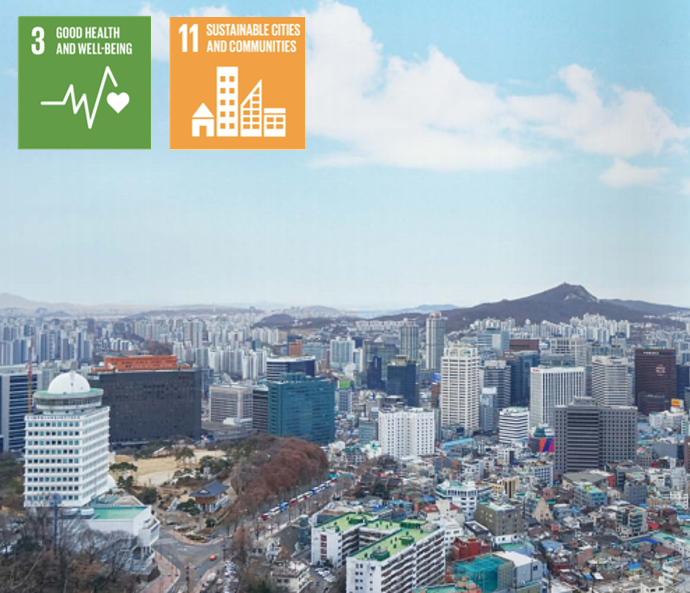
Songpa, with a population of over 680,000, is a district located in the southeast Seoul. With an ageing population, the district expected a surge of mortalities from chronic diseases as well as healthcare expenses. Notably, the medical expense for hypertension in Songpa increased by 549% from 2006 to 2010. To counter this trend, Songpa implemented the Smart Doctor Initiative.
This project aims to establish an ICT-based public service system for health management. 50 smart healthcare zones and unmanned mobile kiosks were set up for citizens to enjoy free healthcare services, including measurement of weight, body composition and blood pressure. Apart from that, the project has developed a mobile application in 2014 and introduced big data analysis into the system, providing data references for public health projects.
Smart Doctor has been selected by the Korean Ministry of Health and Welfare as an exemplary model initiative. It is of great help to communities with limited access to public health agencies and has attracted nearly 80,000 registered users.
Learn More:http://www.guangzhouaward.org/a/1473.html?lang=en
Los Angeles, United States of America
Open Source Tools for Action on the SDGs
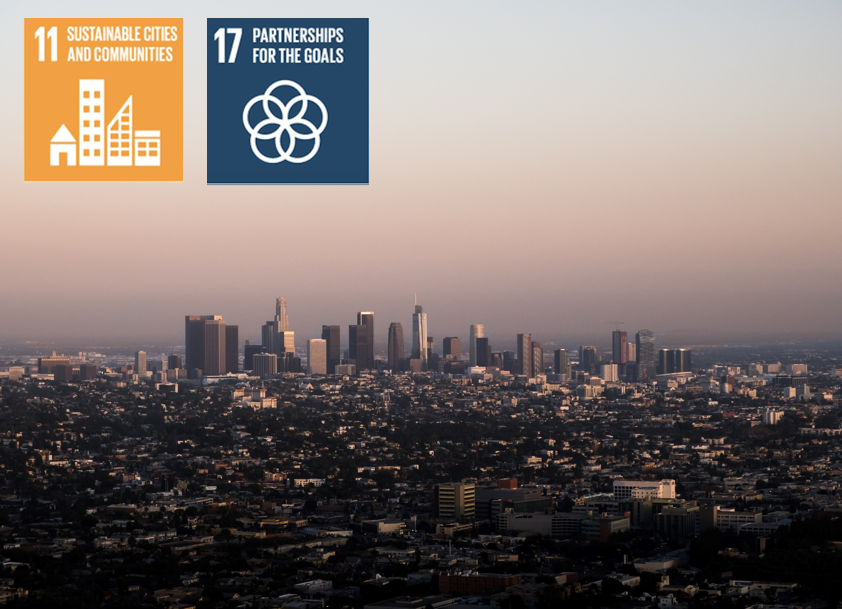
The City of Los Angeles has been dedicated to improving residents’ lives via Sustainable Development Goals (SDGs) and has included SDGs into LA's Green New Deal as well as its development strategy. In 2019, the city released its first voluntary local review report.
Three steps were taken to realize the ambition: analysis, implementation and connectivity. The municipality went jointly with charities, non-profit organizations, the private sector and the academia to launch the project, and the Center for Open Data Enterprise was responsible for the technological support. In order to develop and share SDG tools, two open-source mechanisms were developed, namely the SDG Data Reporting Platform (Open SDG) and the SDG Activities Index.
The open-source tool for Los Angeles is revolutionary as it is the first city to use the SDG data reporting platform and apply it locally. The project has facilitated the sharing of technology and the role of SDGs in improving people’s lives.
Learn More:http://www.guangzhouaward.org/a/1328.html?lang=en
Catalonia, Spain
Smart CATALONIA: Scaling the Smart City Concept to a Regional Initiative
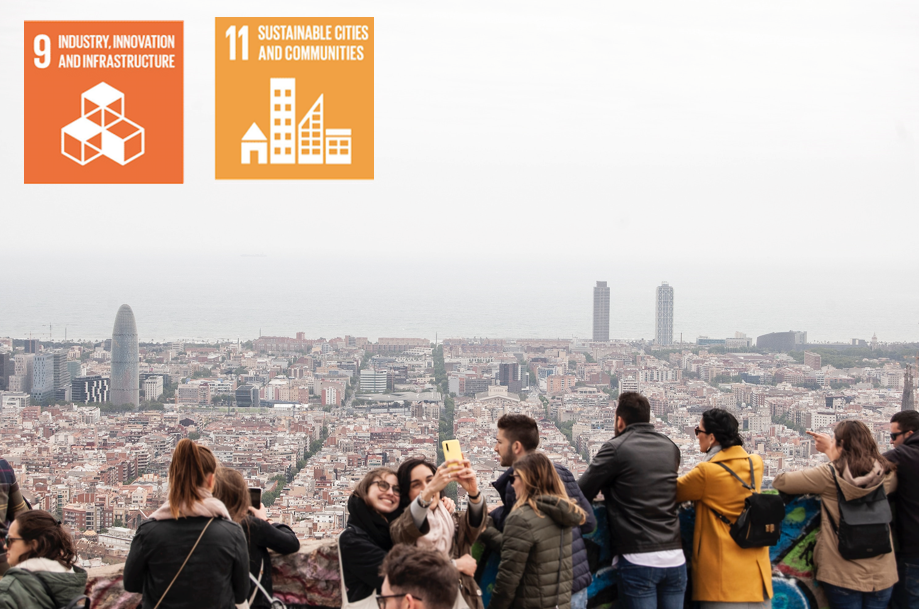
The Smart CATALONIA was launched by the Catalonia government in an effort to ensure that cities and communities are functioning aligned with the sustainable goals (SDGs) and the New Urban Agenda.
The initiative was established in October 2014, aiming to integrate challenges and solutions and promote city governance. The Government of Catalonia has worked with the councils of the different municipalities, technology and research centers, industries and solution providers to develop a new regulatory framework for the new digital economy and strengthen its competitive position through big data, 5G, Block chain, AI, etc. A series of smart solutions have come into effect, including the Catalonia SmartLab, the platform for Smart Region and Aparcar (a parking app), etc., which has benefited most residents’ lives.
By July 2018, 95 solutions have been implemented in 52 cities partnering with 73 companies, covering a wide range of fields, including coworking, medical care, social care, transport and more.
Learn More:http://www.guangzhouaward.org/a/938.html?lang=en
Ramallah, Palestine
Smart City, Freedom Through Technology
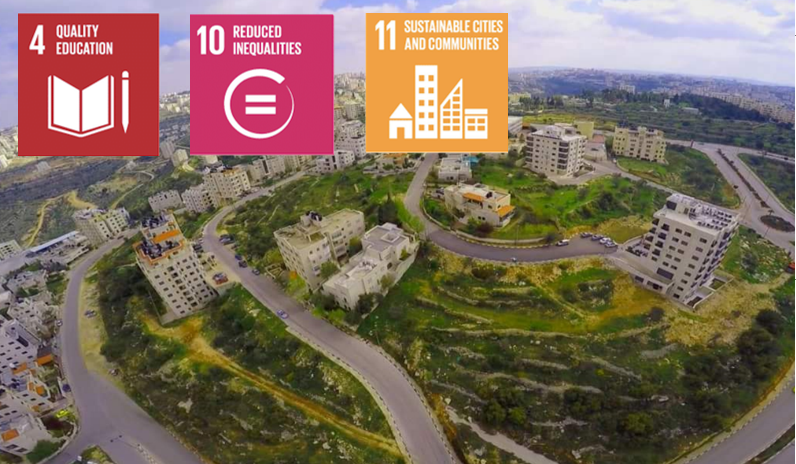
In the past, it was hard for many citizens of Ramallah to enjoy a stable internet connection and access to the municipality e-services. In addition, some restrictions of its policy have prevented residents outside the city from entering Ramallah for their own business. To tackle the problems, the Ramallah municipality has started the project Smart City, Freedom Through Technology.
The project is dedicated to improving the quality and availability of government services and strengthening its relations with the communities. The initiative started with providing free Wi-Fi services in the streets of Ramallah and free internet access inside the Municipality facilities and parks. Then it rapidly evolved to include other core components like the smart schools, GIS system, electronic services, etc.
To date, the project, which uses information and communication technology (ICT) to integrate smart facilities at multiple levels, has made significant progress in a number of areas such as smart education, smart living, smart health, smart planning and smart governance. Ramallah has become a model in this field.
Learn More:http://www.guangzhouaward.org/a/735.html?lang=en

 In Focus | World Cities Day: People-Centred Smart Cities
In Focus | World Cities Day: People-Centred Smart Cities City Stories | Fostering community resilience: A lifeline for the Central African Republic
City Stories | Fostering community resilience: A lifeline for the Central African Republic In Focus | Innovative Education, Empowering Futures
In Focus | Innovative Education, Empowering Futures




















 Tel: +86 020 3780 4434
Tel: +86 020 3780 4434 Email: info@guangzhouaward.org
Email: info@guangzhouaward.org Adress: Unit 01-7, 28th Floor, No. 7, Chunrong 3rd Road, Tianhe District, Guangzhou, Guangdong, 510000, PRC
Adress: Unit 01-7, 28th Floor, No. 7, Chunrong 3rd Road, Tianhe District, Guangzhou, Guangdong, 510000, PRC




